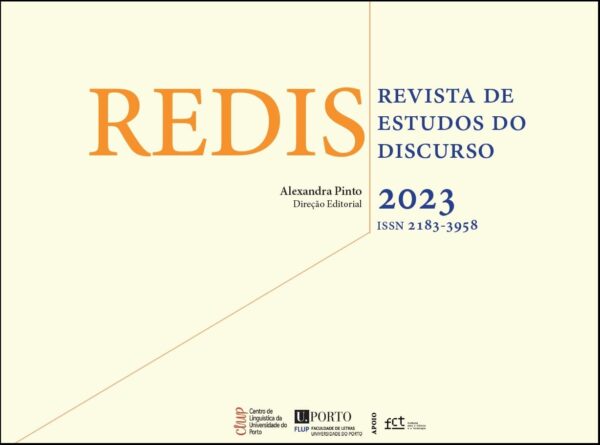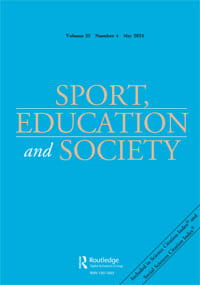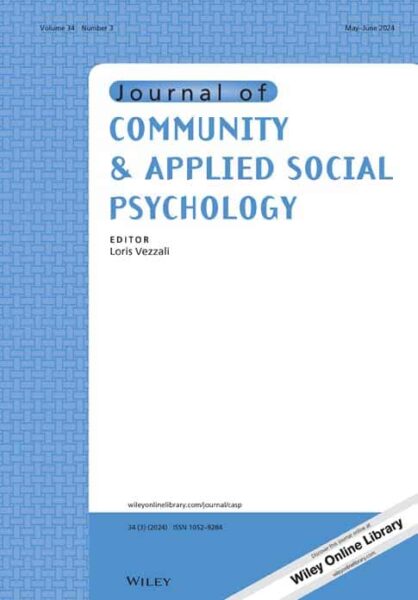Este estudo teve como objetivo buscar na literatura a origem para esclarecer a função de figura tão importante para o futebol: o árbitro. Através de revisão bibliográfica, constatou-se que o árbitro de futebol surgiu no século XIX, mais precisamente em 1868 (CBD, 1978). Os primeiros árbitros de futebol intervinham na partida somente quando uma das equipes reclamava. Para parar o jogo este gritava, já que o apito só começou a ser utilizado a partir de 1878 (DUARTE, 1997). Em 1896, a regra dá ao árbitro o direito de punir por sua própria iniciativa, sendo que as suas decisões passaram a ser sem apelo (ANTUNES, 199?). Os árbitros assistentes foram criados em 1891 (ANTUNES, 199?). Como referencial teórico, utilizou-se livros de história do futebol, livros de regras, jornais, revistas científicas e anais. A análise dos textos permitiu concluir que o árbitro é uma pessoa que possui um conhecimento especial das regras, seu dever é cumpri-las e fazer com que sejam cumpridas. Com o passar do tempo, contudo, algumas pessoas acreditaram que existem objetivos mais relevantes em uma partida de futebol que o cumprimento das regras, que estas são apenas um detalhe, e, se for necessário ignorá-las para se obter uma vitória, isto parece ser uma atitude normal no mundo futebolístico.
O árbitro de futebol – uma abordagem histórico-crítica
n. 1
2002
v. 13
Educação Física
Maringá
p. 39-45
Arquivos
Resumo
Abstract
The aim of this study was to search in literature for the origin of the soccer referee, as an attempt to clear the function of this important soccer figure. Through bibliographic revision we concluded that the soccer referee emerged in the 19th century, more precisely in 1868 (CBD, 1978). The first soccer referees intervened in the game only with the complaint of one member of the team. Since the use of the whistle began only later, in 1878 (DUARTE, 1997), the referee had to shout in order to stop a game. In 1896 the rules gave referees the right to punish on their own judgment, making their own decisions (Antunes, sd). The referee assistants were established in 1891 (ANTUNES, [199?]). Books of soccer history, rule books, journals, scientific magazines and annals were used as theoretical references. The analysis of the texts lead us to conclude that the referee is the person who has special knowledge of the rules, his duty is to accomplish them and make them accomplished. As time goes by, it seems that some individuals believe that there are more important goals in a soccer game than the accomplishment of its rules. They are only a detail which could be ignored, if necessary, for the achievement of a victory. This seems to be an average attitude in socer world.
Referência
SILVA, Alberto Inácio da; RODRIGUEZ-AñEZ, Ciro Romelio; FRóMETA, Edgardo Romero. O árbitro de futebol – uma abordagem histórico-crítica. Revista da Educação Física/UEM. Maringá, v. 13, n. 1, p. 39-45, 2002.Leituras recomendadas
-

Racismo, ressentimento e resistência: o baile de Vinicius Junior sobre o recalque espanhol
Gustavo Amaral Coimbra, Kátia Menezes de Sousa -

Sexism, abuse and threatening behaviour: experiences of women football referees in amateur and semi-professional men’s football in the UK
Laura Gubby, Shannon Martin -

Using composite performance variables to explain football players’ market values
Christer Thrane -

Football hooliganism: comparing self-awareness and social identity theory explanations
Alain Van Hiel, Lobke Hautman, Ilse Cornelis, Barbara De Clercq





